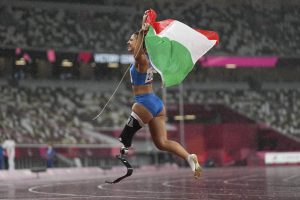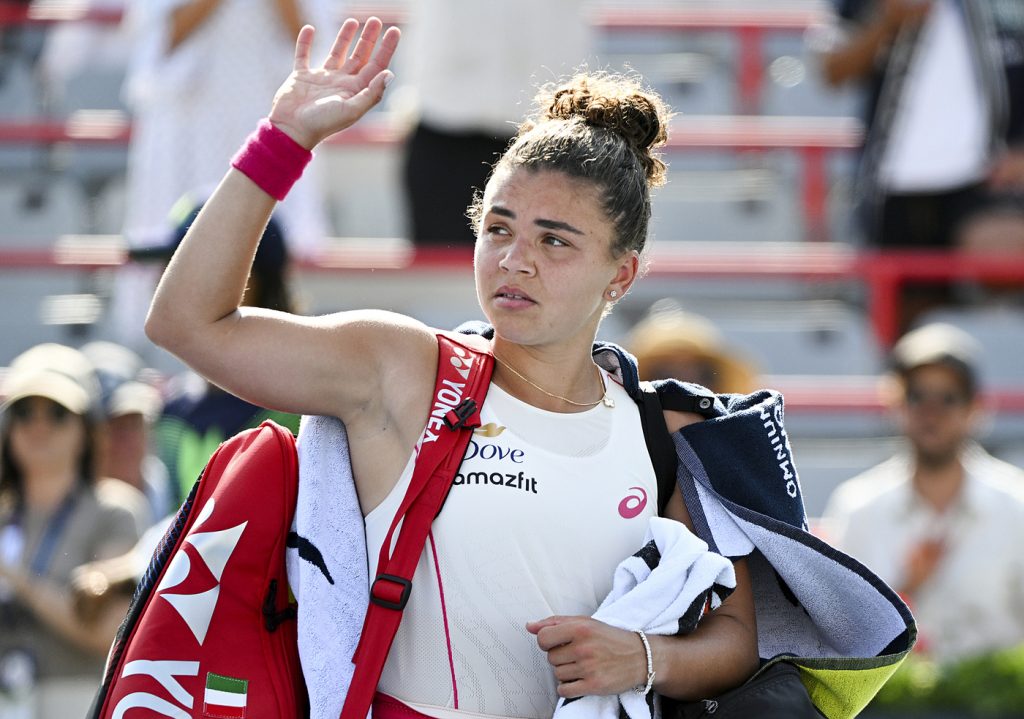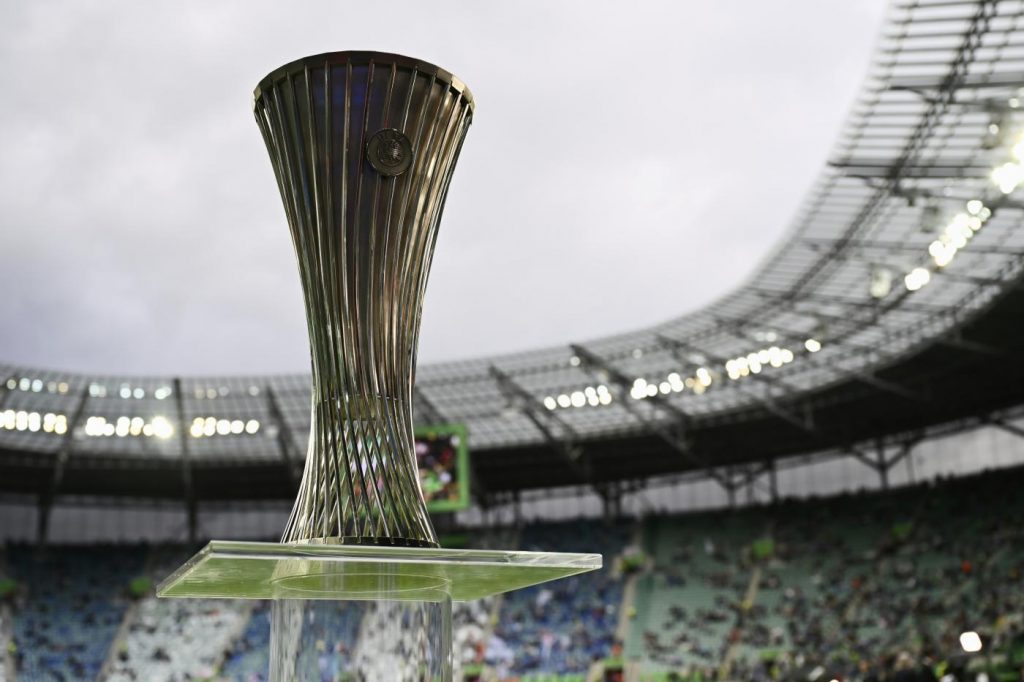A fresh addition to the world of athletics is turning heads: the 4x100 mixed relay – the short-distance counterpart of the established mixed 4x400 – had its first international appearance at the World Relays in Guangzhou, China. The event also features the traditional men’s and women’s 4x100 and 4x400 relays, but all eyes are on this new experiment. And in Italy, eyes are set even further ahead: could a future Olympic team include Zaynab Dosso, Kelly Doualla, Filippo Tortu, and Marcell Jacobs?
That dream lineup remains hypothetical, especially amid tensions between Jacobs and Tortu following a controversial investigation involving Filippo’s brother and manager. However, from a technical standpoint, the concept is more than feasible. The relay order – two women followed by two men – allows for dynamic and explosive combinations.
In the meantime, Italy is fielding a young and untested squad in Guangzhou: Alice Pagliarini, Gaya Bertello, Andrea Federici, and Samuele Ceccarelli. The goal, as outlined by Italy’s technical director Antonio La Torre, is “to gain experience with a format that will be part of the Olympic program in Los Angeles 2028.” Winners will receive $28,000 – less than the prize for traditional relays, but a strong start nonetheless.
Marcell Jacobs is not competing, still recovering from a hamstring injury. His absence puts Filippo Tortu in the role of national team captain – a logical choice, given his Olympic pedigree, though the recent controversy has cast a shadow over their relationship. Tortu now leads the team at a delicate but potentially pivotal moment for Italian sprinting.
The mixed 4x100 will also be featured at the 2026 European Championships in Birmingham. Mixed-gender relays are no longer just a glimpse of the future – they are firmly part of the present, and for Italy, they may offer a strategic advantage in the global sprinting arena.



 1' min
1' min